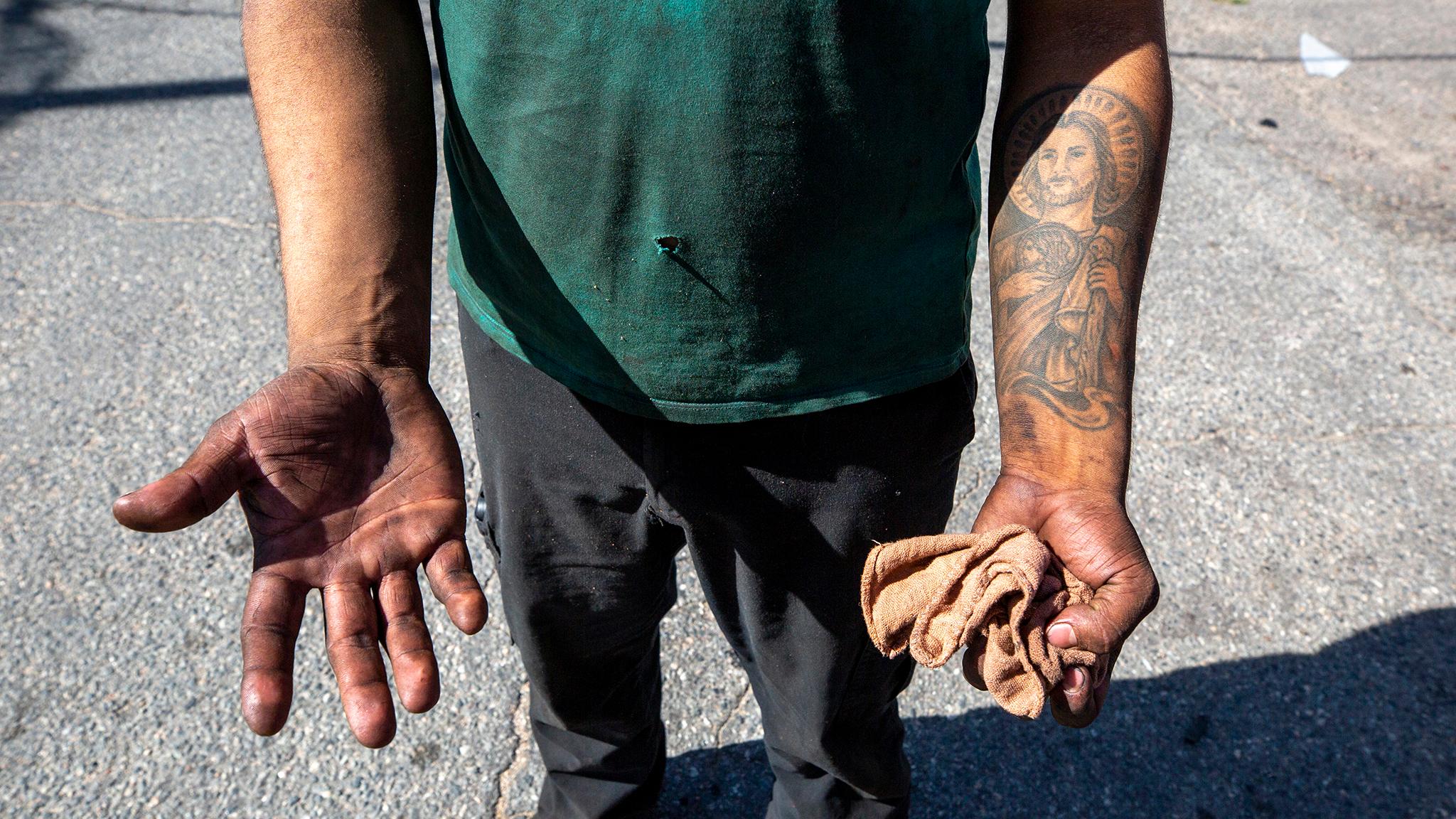It was a different world when Rick Hill's grandfather bought the corner at 31st Street and Brighton Boulevard in 1947. The second World War was still fresh in Americans' minds and the city's population exploded, growing 146 percent by 1965. Lands that were once orchards and fields transformed into tight circuits of suburban streets as the metropolitan area stretched outward.
Despite the changes, Denver was still in touch with its agrarian roots. Hill's family sold farm equipment at their shop, Hill Machinery, and the boulevard was a perfect place for it. Each year, hundreds of farm workers, drawn throughout the west to the annual stock show, passed by on their way downtown to drink.
Hill and his brother bought a plumbing business up the road in the '70s. By 1995, his grandfather's shop had closed and they'd moved their operation onto the family corner. Even then, the drag was a haven for industry. Auto shops and warehouses lined the sidewalk-less streets. The truck depot across the road wouldn't be changed into a trendy liquor store and 7-Eleven for another 20 years.
Do-It-Ur-Self Plumbing still resides in the building Hill's family has owned more than half a century. But today it's looking less at home in the neighborhood. Many of Hill's longtime neighbors have left the boulevard as it's transformed from gritty industrial to chic residential.
Anyone who's lived in Denver for a few years has seen the changes. The city engineered a massive undertaking to reshape the road, to install sidewalks and bike lanes. The apartment buildings, many adorned with murals, have replaced a lot of the structures that once surrounded Hill's business. For him, as for many business owners still hanging on to greasy shops nearby, the last five years have been bittersweet.
"There's so much that's changed out there," he said. "The street's beautiful."
On the other hand, his property taxes shot up to cover the costs. Hill said he's not going anywhere anytime soon. But a lot of his peers are on their way out if they haven't left already.
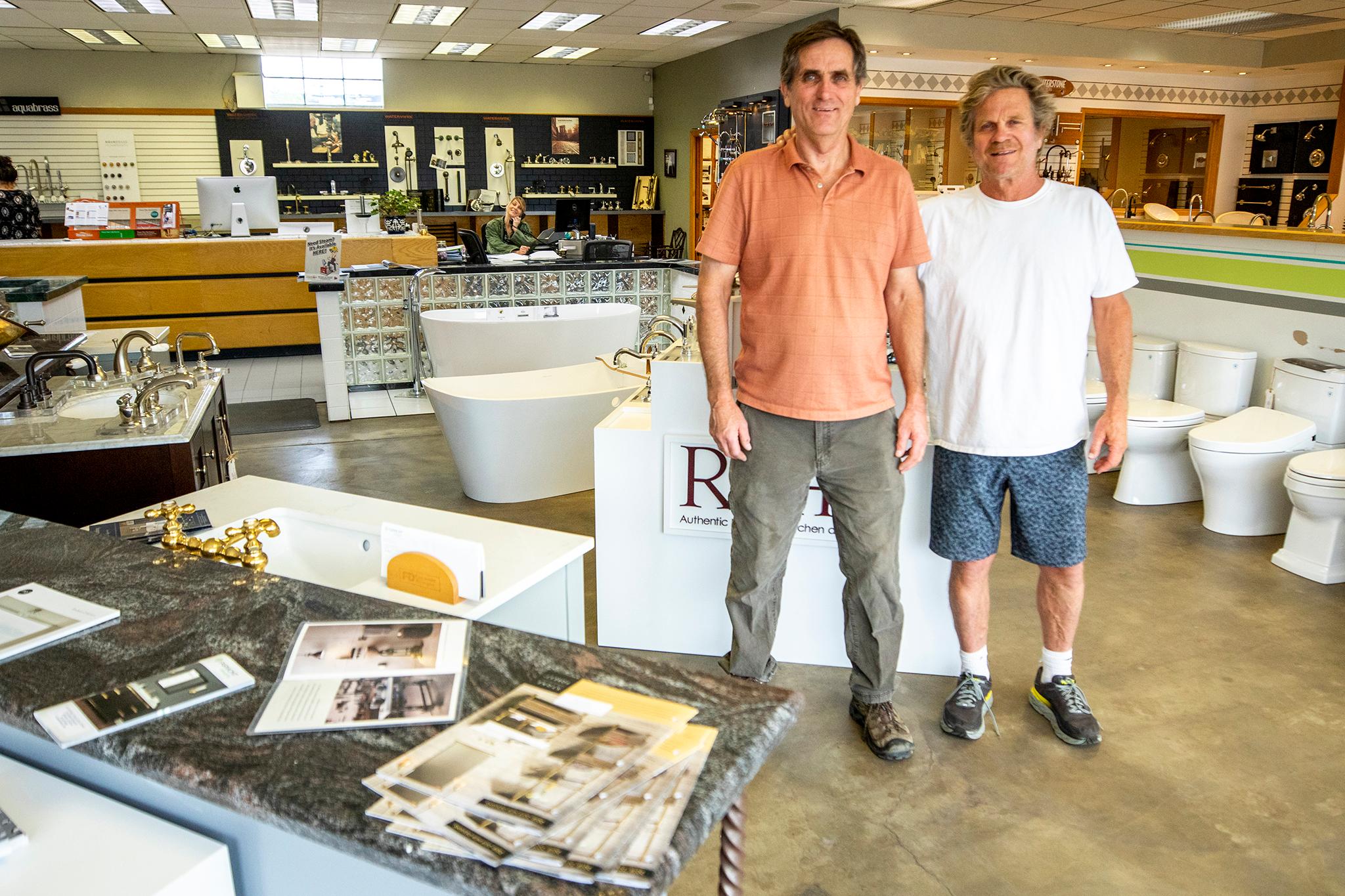
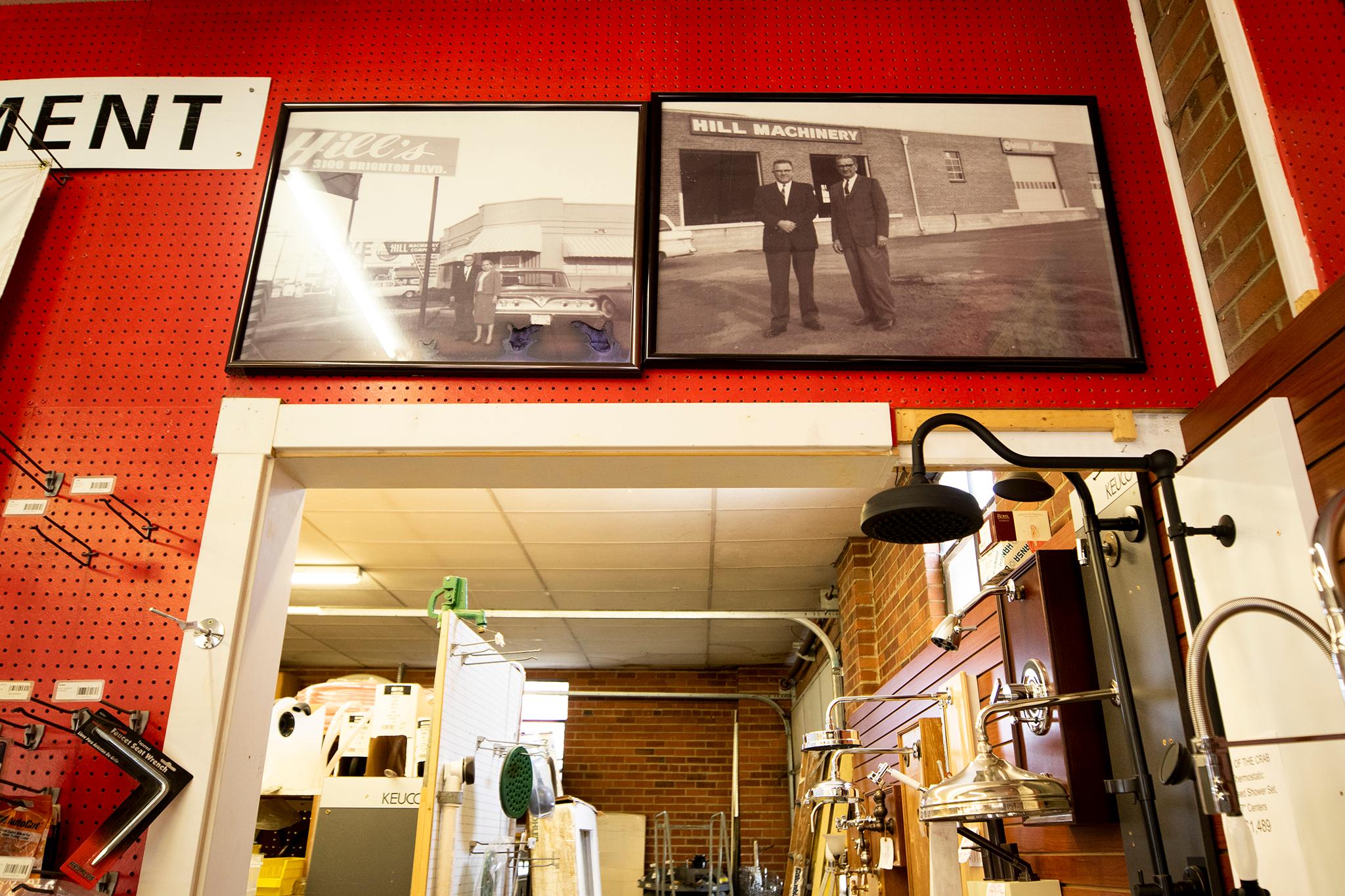
The owners of Quinn Process Equipment Co., which has sold mining equipment since 1981, are preparing to move their operation to Frederick.
Rian Conradie, who owns Premier Collision Center close to the corner of Brighton and 38th Street, is under contract to close up shop and start a boutique restoration venture outside the city.
"We've had junkyards. We had a lot of mechanical shops. Everybody is gone. Every single one of them is gone," he said. "I'll be leaving here shortly."
Two years ago, he said his property taxes increased "from $26,000 to $43,000 in one year."
It's not just Brighton's changing landscape that's causing him to close. He's struggled to find reliable employees and he said he's tired of negotiating with insurance companies. But the higher costs don't help, and the new, pedestrian-friendly street doesn't do much for his business.
"It's nice to attract people," he said, but for him "there's no benefit. You have to have a business that sells something."
Still, he said he's not too sad to leave. He's looking forward to rebuilding old trucks and show cars.
"It's a great time for me, to go be able to do what I want to do," he said. "I'm very blessed."
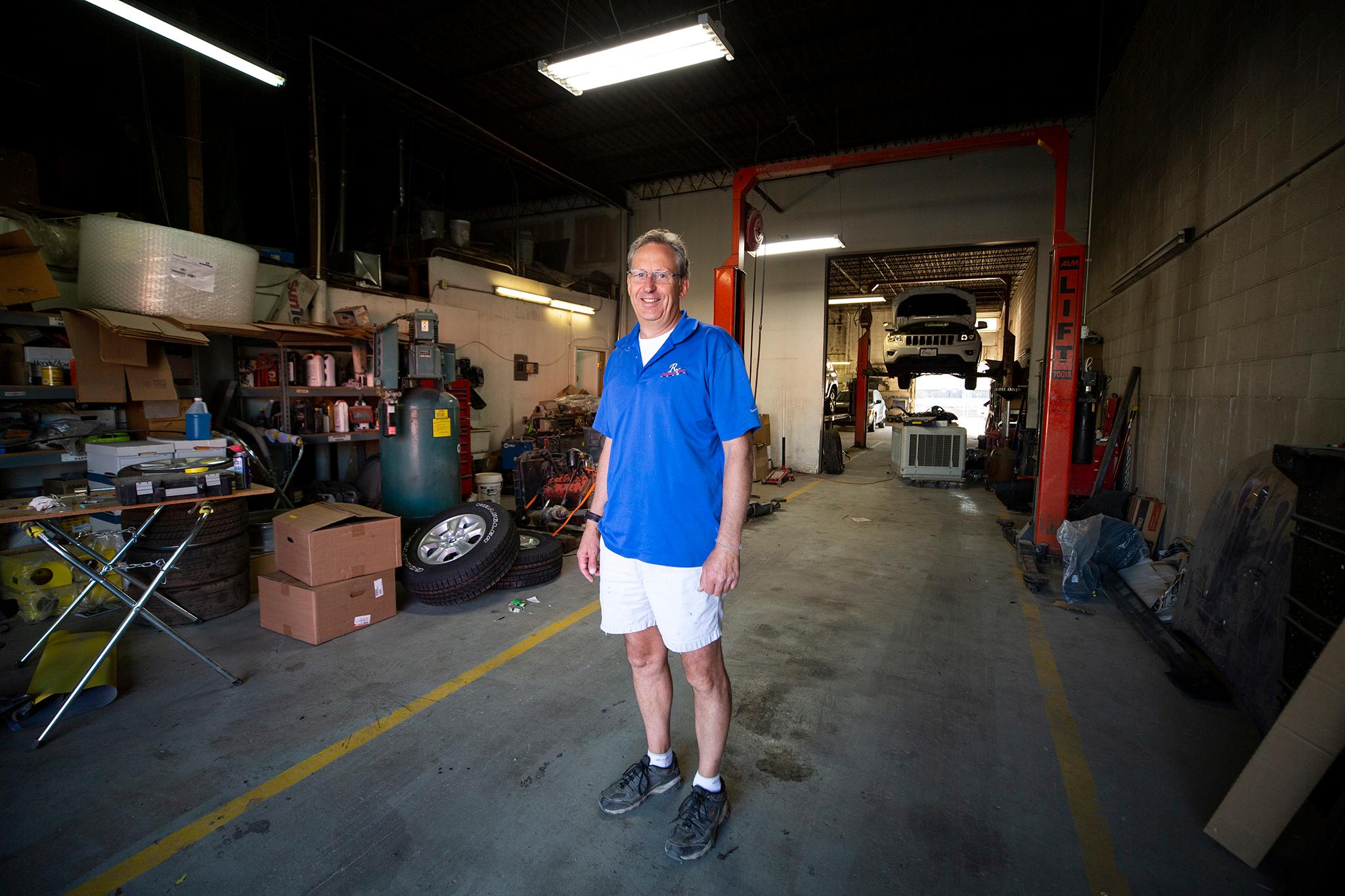
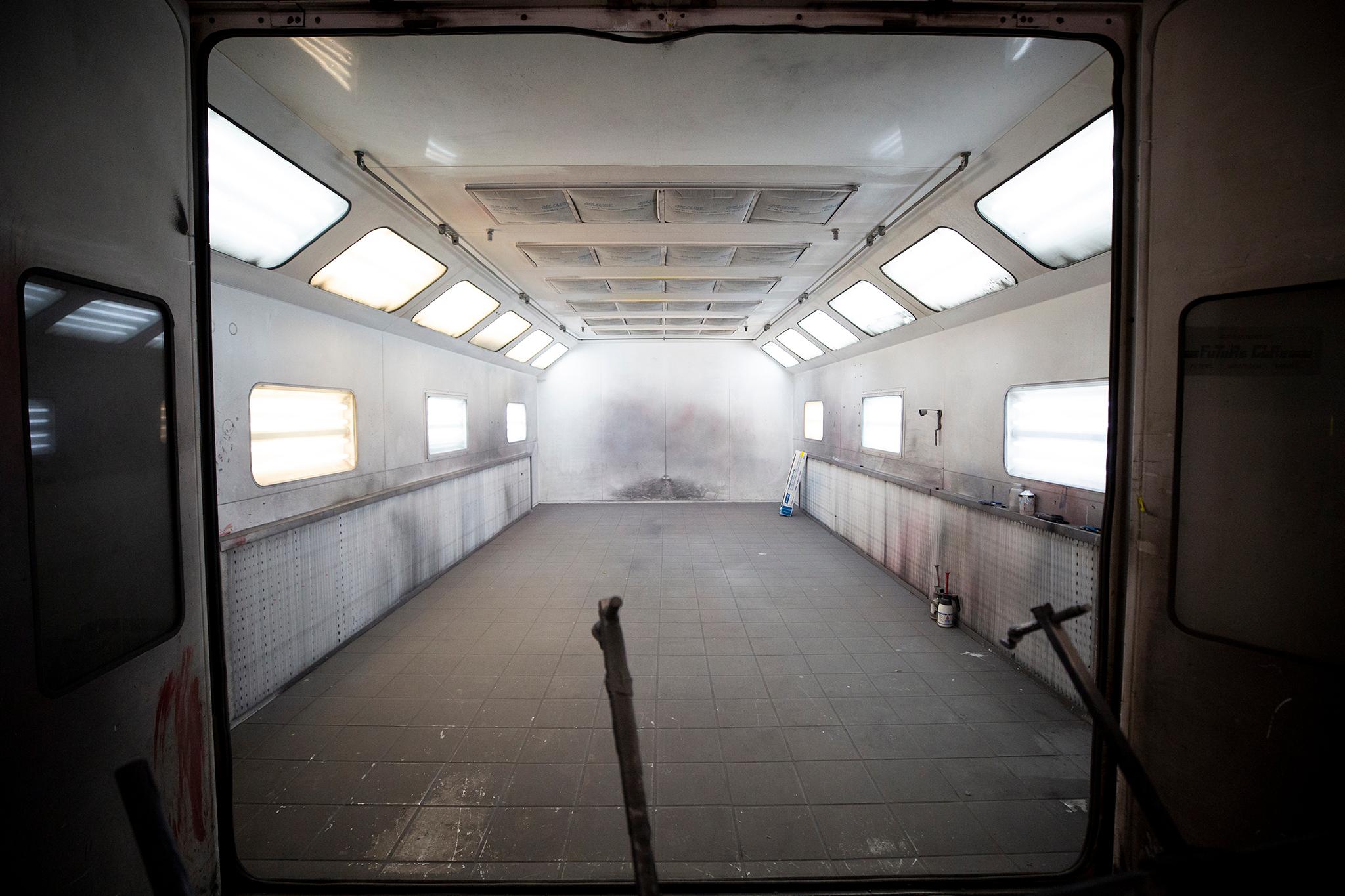
George Grubaugh, who fixes Mercedes-Benzes next door, said he'll probably be gone in the next five or 10 years. He's just waiting on the right person to approach him with the right offer. He said he's fine with the changes around him. He's got tickets to see Bob Dylan at the Mission Ballroom a half-mile up the road, and he can park at his shop for free.
Hill said he'd also entertain the right offer.
"Everybody would love to have this place," he said. "Everything is for sale, right?"
Abe Barge, Denver's lead planner for the area around 38th and Blake, told Denverite these changes are just part of the way cities grow.
"Obviously there's a lot of change and some growing pains," he said. "The prices are rising, maybe especially here as it becomes a place where people want to be."
But he said Brighton was chosen as a redevelopment area, in part, to avoid too much heartache. Corridors without a lot of existing residences are at the top of planners' lists for big growth. Fewer people living nearby means "less potential for displacement," he said, and he hopes what's left of the street's industrial core won't have to leave too soon.
"We really are interested in seeing those businesses continue to be a part of this neighborhood," he said.
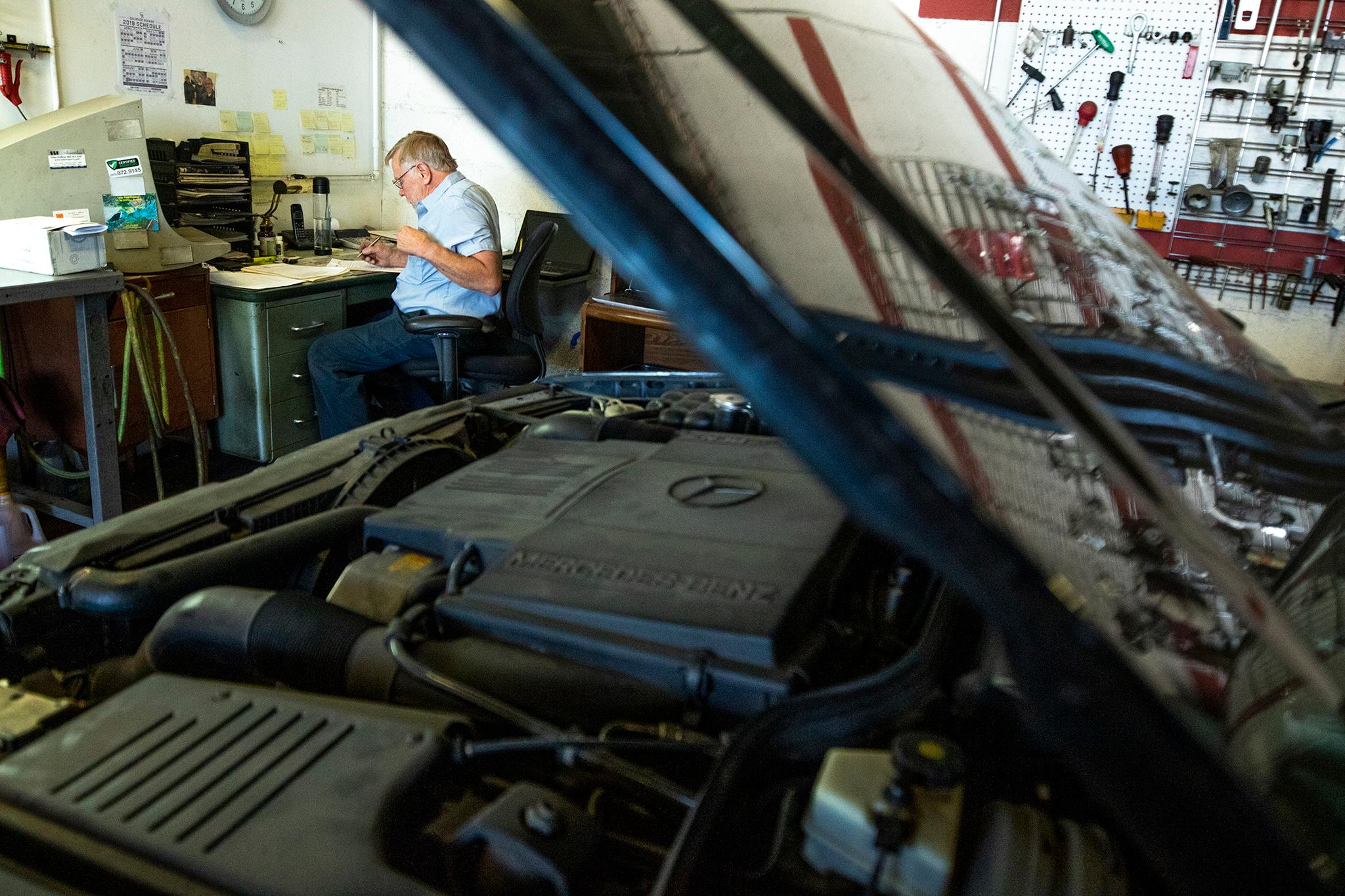
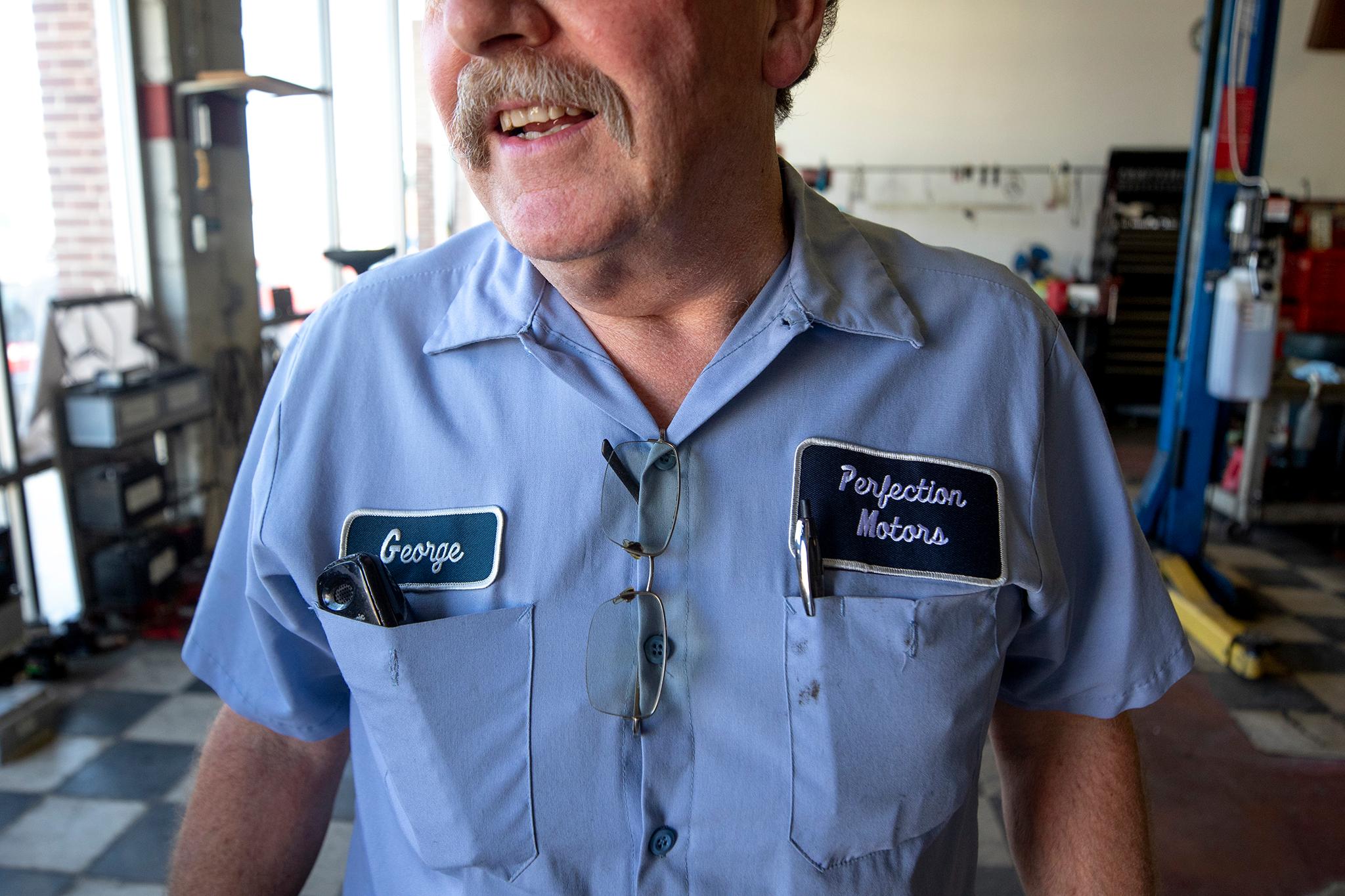
That might be a tough proposition for smaller businesses, but the area surrounding Brighton has some larger operations that likely will continue to be part of the landscape.
The PepsiCo bottling plant, on the northwest intersection with 38th Street, was built in 1952. A company spokesperson didn't directly answer whether the facility has the staying power to last another decade, but he said Pepsi is "always looking for opportunities to grow our business in the area."
The towering grain elevators a block east, which were built in 1938, are now owned by Ardent Mills, an international company that operates 40 granaries. The company is growing, and it recently announced a new venture marketing quinoa grown in the San Luis Valley.
Brighton is girded by a Union Pacific rail yard that also isn't likely to disappear. For now it's just the little guys whose establishments once defined the street, that will someday soon be gone from its curbs.
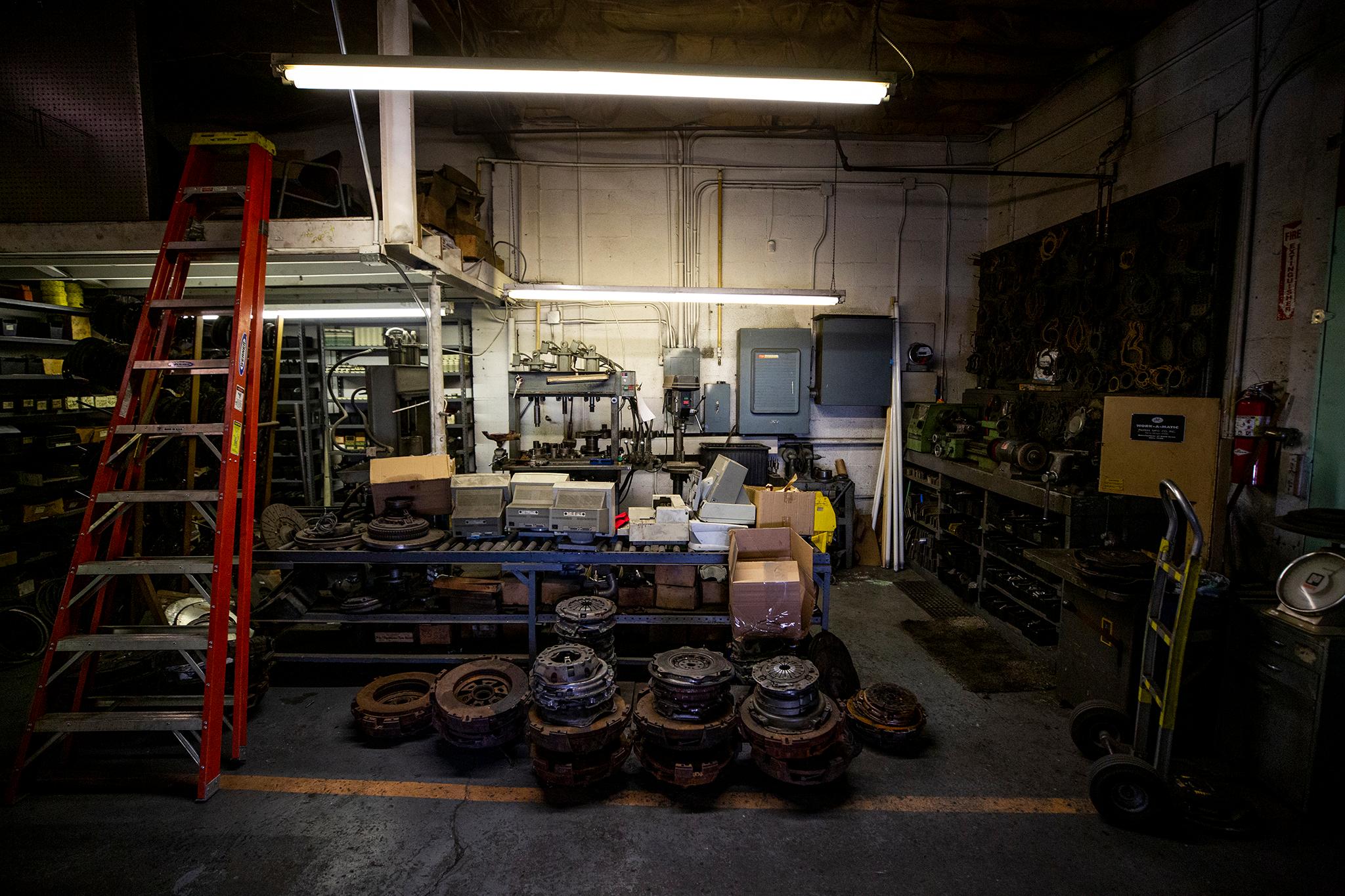
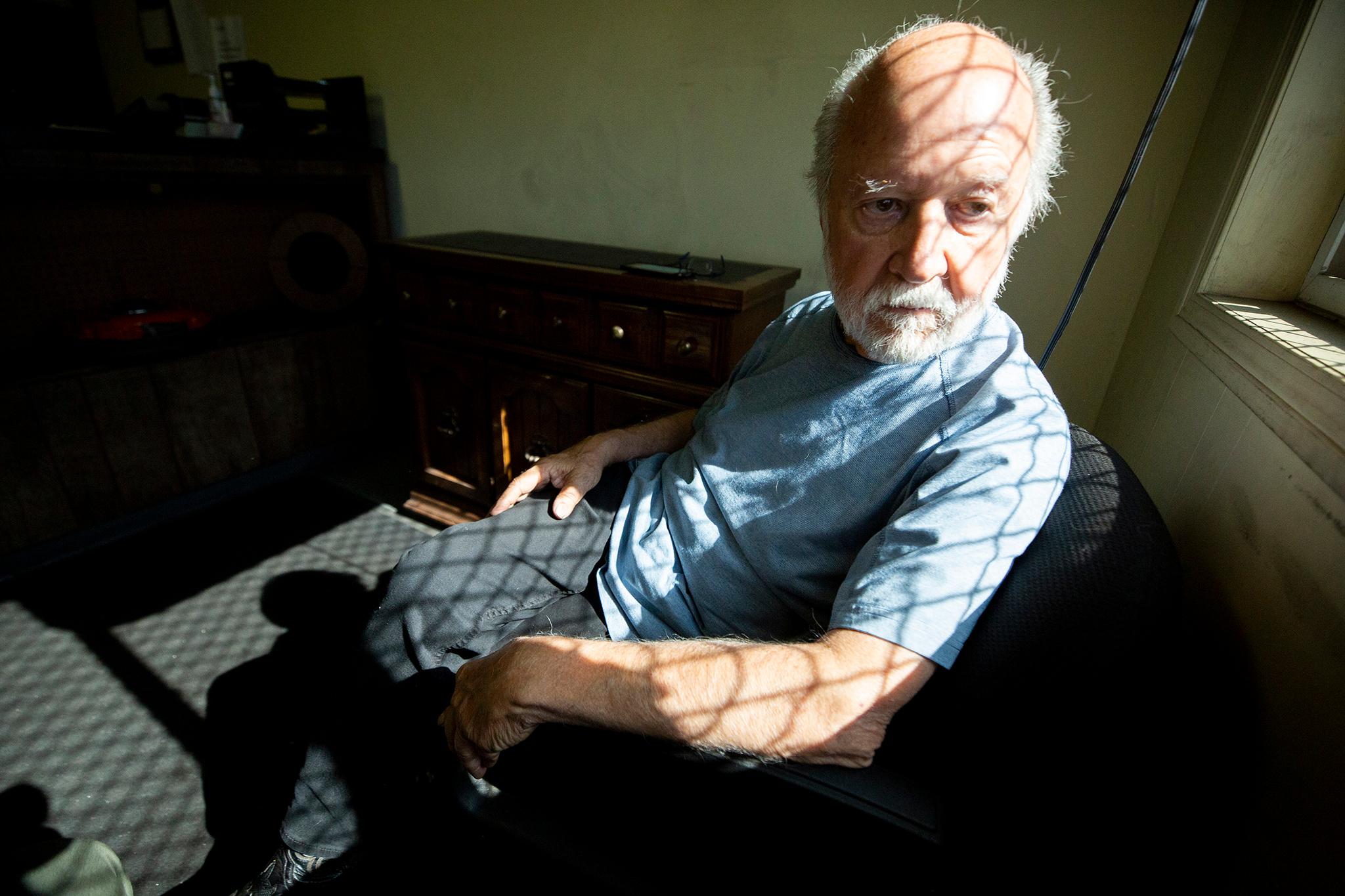
David Rivera, who runs Clutch Exchange up the road, calls himself "the last of the old guys." He's 76 years old, and he was diagnosed with Parkinson's a few years back. It's made operating the business difficult, but he's committed to keeping it going, if he can, until his lease at the corner of 36th Street is up in a year or so. He's run the shop for 25 years, and he said it's up to his kids and employees to decide on a new lease.
Rivera said he doubts anyone like him will still be in business along the boulevard in five years. But, like many of his industrial colleagues, he wasn't too bothered that Brighton's roots may be fading.
"It has to change," he said. "It's been a good area, but - I'm going to miss it. It's been a long time."
Correction: This story erroneously said Denver's population doubled between World War II and 1965. It also included a percent change that Rian Conradie gave us for his property tax hike, but it did not match the dollar figures he also gave so the percentage was removed.

